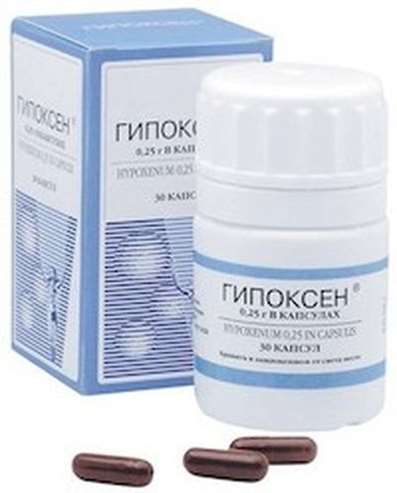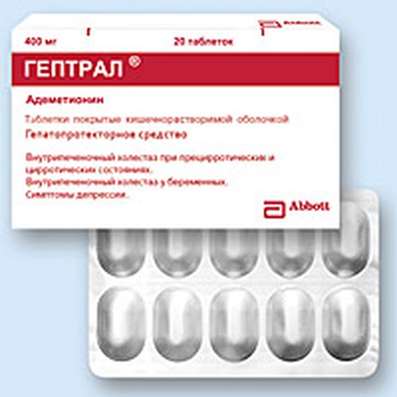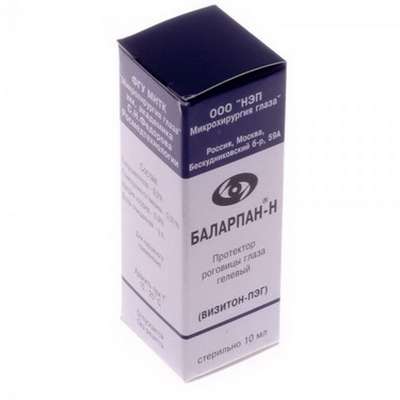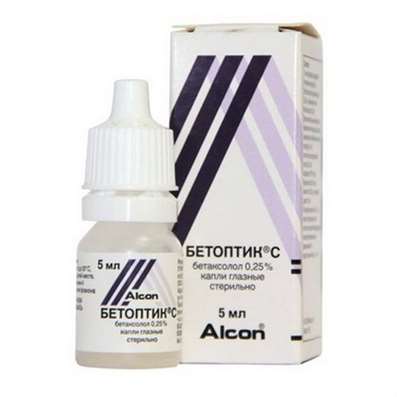Instruction for use: Paracetamol (Paracetamolum)
I want this, give me price
Pharmacological group
Anilides
Nosological classification (ICD-10)
M15-M19 Osteoarthritis
M25.5 Pain in the joint
Arthralgia, Pain syndrome in musculo-articular diseases, Pain syndrome in osteoarthritis, Pain syndrome in osteoarthritis, Pain syndrome in acute inflammatory diseases of the musculoskeletal system, Pain syndrome in chronic inflammatory diseases of the musculoskeletal system, Pain in the joints, Soreness of the joints, Soreness of joints in severe physical exertion, Painful inflammatory joint damage, Painful conditions of the musculoskeletal system, Painful joint conditions, Painful traumatic affection of joints, Pain in the musculoskeletal system, Pain in Shoulder Joints, Pain in the joints, Joint pain, Joint pain with injuries, Musculoskeletal pain, Pain with osteoarthritis, Pain in the pathology of the joints, Pain in rheumatoid arthritis, Pain in chronic degenerative bone diseases, Pain in chronic degenerative joint diseases, Bone-joint pain, Joint pain, Arthritic pain of rheumatic origin, Articular pain syndrome, Joint pain, Rheumatic pain, Rheumatic pains
M54.3 Sciatica
Ishialgia, Neuralgia of the sciatic nerve, Sciatic neuritis
M79.1 Myalgia
Myofascial pain syndromes ,Pain syndrome in musculo-articular diseases, Pain syndrome in chronic inflammatory diseases of the musculoskeletal system, Pain in the muscles, Tenderness of muscles, Muscular soreness in severe physical exertion, Painful conditions of the musculoskeletal system, Pain in the musculoskeletal system, Pain in the muscles, Pain at rest, Muscle aches, Muscle pain, Musculoskeletal pain, Myalgia, Muscle pain, Muscle pain at rest, Muscle pain, Muscular pain of non-rheumatic origin, Muscle pain of rheumatic origin, Acute muscle pain, Rheumatic pain, Rheumatic pains, Myofascial syndrome, Fibromyalgia
N94.6 Dysmenorrhea Unspecified
Pain during menstruation, Functional disorders of the menstrual cycle, Menstrual cramps, Emmeniopathy, Pain during menstruation, Painful menstrual irregularities, algomenorrhea, algomenoreya, Pain smooth muscle spasm, Pain spasm of smooth muscles (renal and biliary colic, intestinal spasms, dysmenorrhea), Pain spasm of smooth muscles of internal organs (kidney and biliary colic, intestinal spasms, dysmenorrhea), Disalgomenoreya, dysmenorrhea, Dysmenorrhea (essential) (Exfoliative), menstrual disorder, menstruation painful, metrorrhagia, Violation of the menstrual cycle, Menstrual irregularities, Prolaktinzavisimoe menstrual disorders, Prolaktinzavisimoe menstrual dysfunction, Pain spasm of smooth muscles of internal organs, Spasmodic dysmenorrhea, Primary disalgomenoreya
R50 Fever of unknown origin
Malignant hyperthermia, Hyperthermia malignant
R51 Headache
Pain in the head, Cephalgia, Pain with sinusitis, Pain in the back of the head, Painful headache, Headache of vasomotor genesis, Headache of vasomotor origin, Headache with vasomotor disorders, Headache, Neurological headache, Serial headache
R52.2 Other constant pain
Pain syndrome, rheumatic origin, Pain at vertebral lesions, Pain in the chamber, Pain for burns, Pain syndrome weak or moderate, Perioperative pain,Moderate to severe pain, Moderately or weakly expressed pain syndrome, Moderate to severe pain, Ear pain of otitis, Neuropathic pain, neuropathic pain
Code CAS103-90-2
Characteristics of Paracetamol
White or white with a cream or pink shade of crystalline powder. Easily soluble in alcohol, insoluble in water.
Pharmacology
Pharmacological action - antipyretic, analgesic.
Inhibits the synthesis of PG and reduces the excitability of the center of thermoregulation of the hypothalamus. Quickly absorbed from the digestive tract, binds to plasma proteins. T1 / 2 from plasma 1-4 hours Metabolised in the liver with the formation of glucuronide and paracetamol sulfate. It is excreted by the kidneys mainly in the form of conjugation products, less than 5% is excreted unchanged.
Application of Paracetamol
Pains of mild and moderate intensity (headache and toothache, migraine, back pain, arthralgia, myalgia, neuralgia, menalgia), febrile syndrome with colds.
Contraindications
Hypersensitivity, impaired kidney and liver function, alcoholism, children's age (up to 6 years).
Side effects of Paracetamol
Agranulocytosis, thrombocytopenia, anemia, renal colic, aseptic pyuria, interstitial glomerulonephritis, allergic reactions in the form of skin rashes.
Interaction
Increases the effect of indirect anticoagulants (coumarin derivatives) and the likelihood of liver damage with hepatotoxic drugs. Metoclopramide increases, and colestyramin reduces the rate of absorption. Barbiturates reduce antipyretic activity.
Overdose
Symptoms: in the first 24 hours - pallor, nausea, vomiting and pain in the abdominal region; through 12-48 h - kidney and liver damage with the development of hepatic insufficiency (encephalopathy, coma, death), cardiac arrhythmias and pancreatitis. Liver involvement is possible with 10 g or more (in adults).
Treatment: the appointment of methionine inside or / in the introduction of N-acetylcysteine.
Routes of administration
Inside, rectally.
Precautions for Paracetamol
The risk of overdose increases in patients with alcoholic liver diseases of a non-cirrhotic nature.

 Cart
Cart





